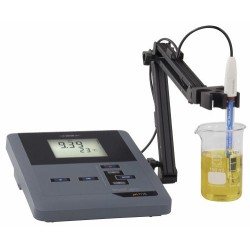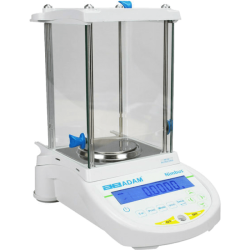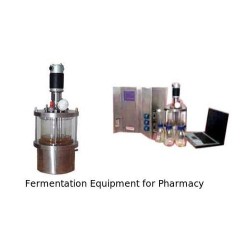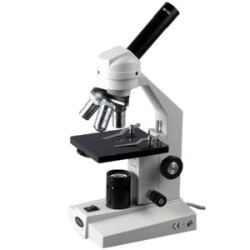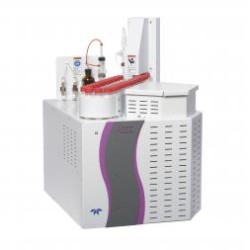Urea
Urea is the most important degradation product of protein metabolism in humans, other mammals, and certain other animal species. Urea, which is formed in the liver, composes the major fraction of the organic substances present in urine. Urea can be identified and determined by many methods. Of the quantitative methods, the colorimetric determination with urease is the most successful one. The reaction with urease produces carbon dioxide and ammonia.
Blood urea concentrations can be increased by numerous factors linked to pre-renal causes (increased protein catabolism, as in haemorrhage into gastrointestinal tract, shock, some chronic liver diseases) or renal/post-renal causes (acute or chronic renal diseases, post renal obstruction to urine flow). Uraemia is also increased by high protein diet, state of dehydration, muscle wasting (as in starvation).The determination of urea rate is used together with the determination of Creatinine rate (normal=10–20 mg/dL BUN to 1 mg/dL. of creatinine) to discriminate between pre-renal (normal creatinine) and renal/post renal (increased creatinine) disorders. Urinary urea may be used as an indicator of overall nitrogen balance and as a guide to total amino acid requirements for patients with parenteral nutrition.






